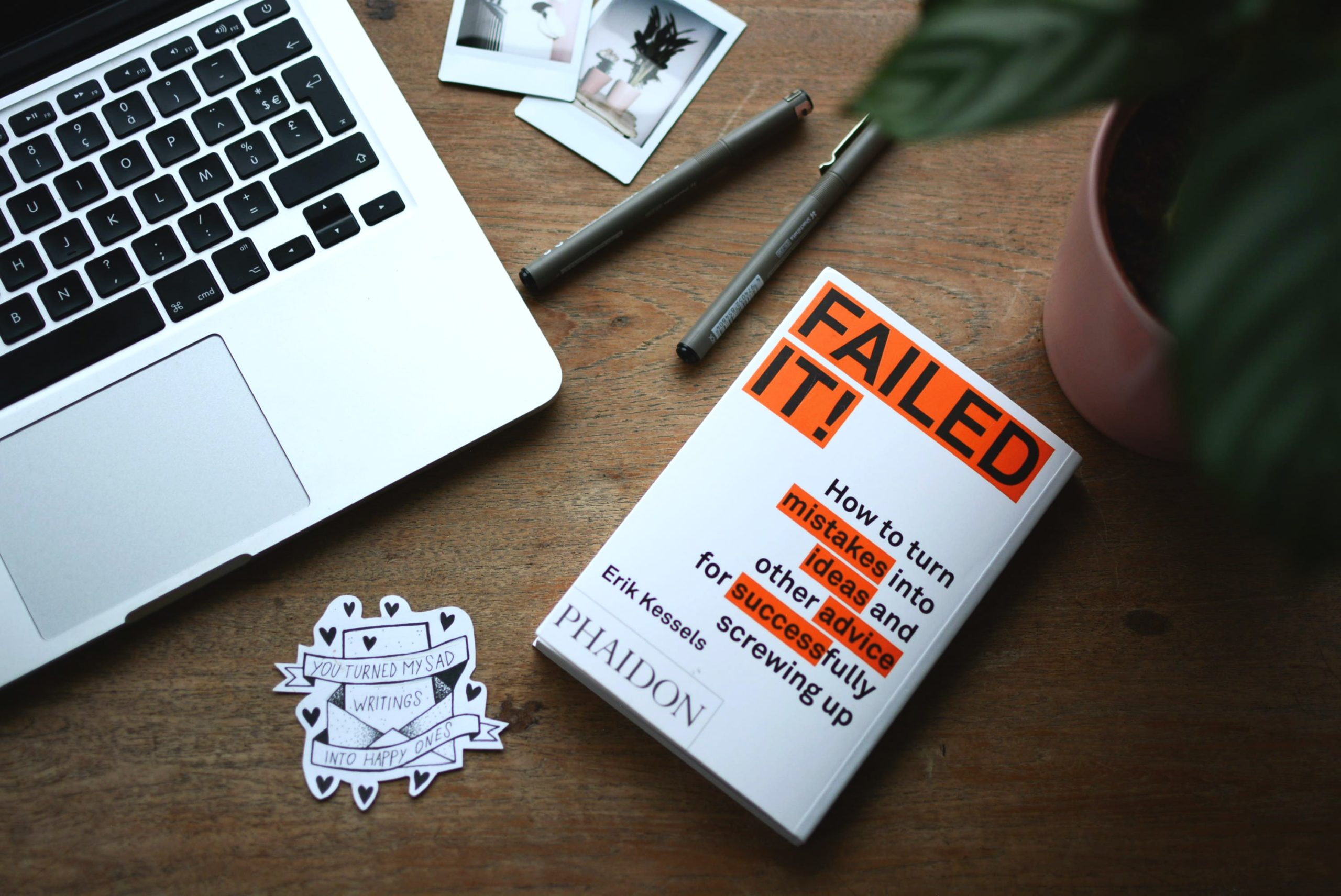
Do You Have to Suffer to Write?

In popular culture, there’s a notion that writing, or the production of any art form, means suffering. You might have seen a movie in which a writer is crouched over a manual typewriter, pounding the keys, with an ashtray full of smoldering cigarette butts beside him. His teeth are clenched, and he squints in agony as he reads what he’s written.
It’s not a tempting image.
We know the legends about tortured artists. Van Gogh immediately comes to mind, as does Sylvia Plath. Some artists turn their lives’ suffering into art, using it as a healing process that may also heal the reader or viewer.
The odds, though, are that you don’t aspire to write a great book or become a great writer. You want to write about how to reach more customers or help a business survive pandemics and other upheavals. You may have gone through some suffering and hard times to arrive at your conclusions, but you’re not Van Gogh, and you don’t want to be.
This article will help to fracture the mystique of tortured artists.
But Writing is Hard Work, Isn’t It?
Maybe. This is a big subject, and I foresee that I’ll write several blogs on how to make writing easier.
Here I’ll make the transition from genuine suffering that arises from one’s life to self-inflicted suffering. Many writers are skilled in this form of torture.
Using the Stick to Write
I know too many writers who believe that beating themselves with a symbolic stick will drive them to goal achievement.
They agonize if they didn’t meet their daily minimum word count goal or for skipping a writing session. If they abandon a writing project, they say, “If only I’d stayed with it . . . I’m so undisciplined, lazy . . .”
They can also use the stick during a writing session. “Finish this chapter, or you’ll feel like a failure.” “You have a deadline to meet.” “You told everyone you were writing a book. Finish it, or they’ll know what a failure you are.”
There they are, fulfilling the stereotype of the writer who stares with hatred at the typed page.
The sad thing about this scenario is that many writers probably started out enthusiastically. They ran into trouble. An outline failed to jell. They finished a first draft and realized they left out something important. Someone gave them a discouraging critique.
Maybe they didn’t quit, but the idea that writing was hard work grew in them, and tapping the keys of a computer keyboard became as difficult as pounding those stiff typewriter keys.
“Writing is hard work” became their groove.
Replace the Stick with the Carrot
The most constructive thing you can do if you fall into this negative groove is to stop. Instead of pushing through in a joyless way, think about what you can learn from a mistake or a damaging critique.
Maybe you’ll realize that you should have put the outline aside for a few days or weeks and read more on your subject. You could have shown your proposal to an expert. You could have pretended the critique was for someone else and read it more objectively.
If you decide you need outside help, take a course or hire a writing coach.
Set rewards for yourself: for finishing a chapter, a first draft, for being brave enough to ask someone to read your manuscript.
Here are 15 specific ways to reward yourself for writing.
And each time you end a writing session, say, “Good job.” Thank yourself for persisting.
You deserve that praise.
Pat Iyer serves entrepreneurs as a writing coach. She loves to help her clients finish their books. Connect with Pat using this contact form.
Pat built a service business assisting attorneys with cases involving medical issues. After growing that business to a multi-million dollar one, after 25 years, she sold it in 2015 and now devotes her time to mentoring, writing and editing. Get tips for polishing your writing style and gaining business through the material you write: Listen to Writing to Get Business Podcast on the C Suite Radio platform.
Reach her through Patiyer.com|Do you have an amazing business success you want to share? Pat Iyer has worked with experts helping them share their knowledge since she first began writing and editing books in 1985. Pat Iyer has written or edited over 800 chapters, books, case studies, articles or online courses. She delights in assisting people to share their expertise by writing a book. Pat serves as a developmental editor and ghostwriter.
Pat built a service business assisting attorneys with cases involving medical issues. After growing that business to a multi-million dollar one, after 25 years, she sold it in 2015 and now devotes her time to mentoring, writing and editing. Get tips for polishing your writing style and gaining business through the material you write: Listen to Writing to Get Business Podcast on the C Suite Radio platform.
Reach her through Patiyer.com|Do you have an amazing business success you want to share? Pat Iyer has worked with experts helping them share their knowledge since she first began writing and editing books in 1985. Pat Iyer has written or edited over 800 chapters, books, case studies, articles or online courses. She delights in assisting people to share their expertise by writing a book. Pat serves as a developmental editor and ghostwriter.
Pat built a service business assisting attorneys with cases involving medical issues. After growing that business to a multi-million dollar one, after 25 years, she sold it in 2015 and now devotes her time to mentoring, writing and editing. Get tips for polishing your writing style and gaining business through the material you write: Listen to Writing to Get Business Podcast on the C Suite Radio platform.
Reach her through Patiyer.com
- Getting to Know Your Ideal Reader - July 19, 2021
- Why You Should Write a Book Proposal—Even If You Plan to Self-Publish - July 19, 2021
- Know When To Stop - April 19, 2021






